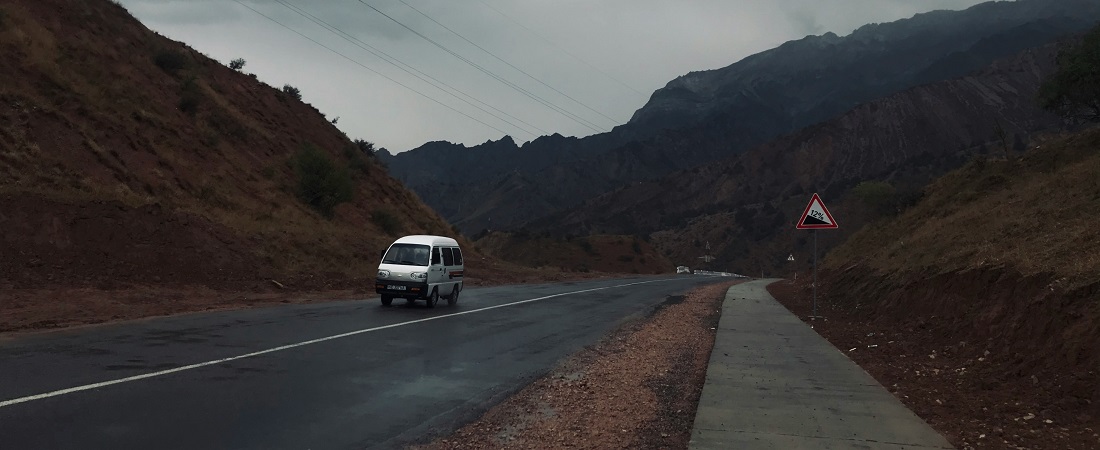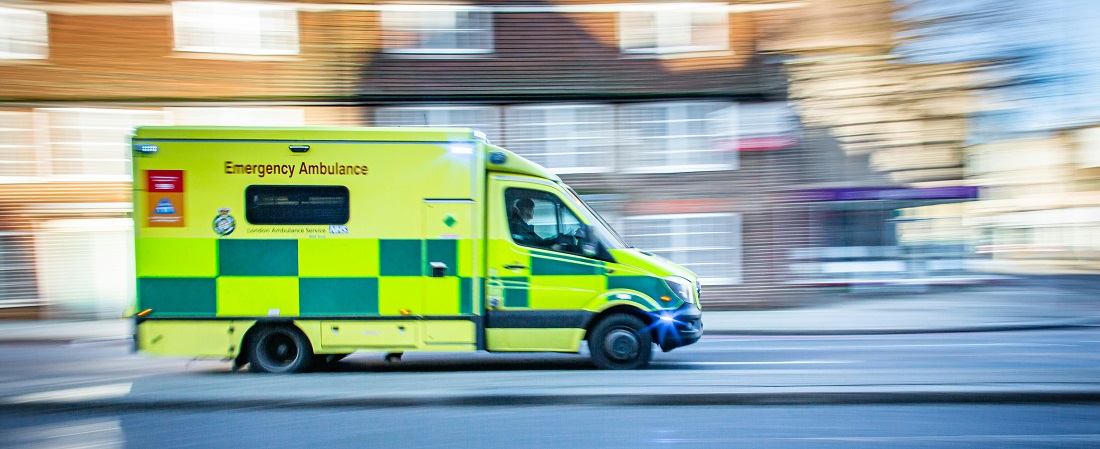Kyrgyz people are generally welcoming toward foreigners, and there is little to be concerned about serious safety concerns in Kyrgyzstan.
Many of the most obvious dangers can be avoided with some common sense and a heightened awareness of the surrounding environment. It should also be noted that political and ethnic unrest within the past decade has not directly affected expats, and daily routines have always resumed within a few days.
Driving and transport safety in Kyrgyzstan

Driving in Kyrgyzstan is organised chaos. The default speed is fast, and drivers are willing to swerve around anything in their way to get to their destination. Traffic laws are rarely enforced, and it’s not unusual for traffic police to try to solicit a bribe. You should drive defensively and be aware at all times.
The condition of the main road network throughout Kyrgyzstan is imperfect but has improved dramatically over the past few years. Outside of cities, the roads become more speckled with potholes and are poorly lit, which is especially dangerous when travelling over mountain passes.
It’s essential to use marked taxis only, especially when travelling from the airport, as some drivers may try to overcharge foreigners. Expats should also avoid sharing rides with strangers for safety reasons.
Crime in Kyrgyzstan
Petty crimes, such as pickpocketing, are the most common safety threat to foreigners, especially on public transport or in crowded public areas and markets. Foreigners can also be targets for muggings, especially in major cities like Bishkek, so it is important not to walk alone at night.
Common sense practices such as acting discreetly (especially when speaking English), trying to blend in, and not carrying large sums of money can help expats avoid drawing unwanted attention.
Protests and unrest in Kyrgyzstan
During past episodes of political and ethnic unrest, Western expats have not been targeted or impacted by violence (unless they put themselves directly in the protests), and the biggest concerns they faced were that major businesses closed for a few days. We recommend avoiding joining protests and lying low if a tense situation arises.
Emergency services in Kyrgyzstan

Emergency services are available in Kyrgyzstan’s larger cities and resort towns, but call centre employees and paramedics often do not speak English. Medical services are inexpensive, although it’s best to avoid Kyrgyz hospitals due to underfunding and outdated equipment.
Private hospitals and clinics in Bishkek with better-trained staff and newer equipment are available, although their services cost more. For simple treatments, some Kyrgyz doctors make house calls.
Expats can dial the following in an emergency:
- Fire: 101
- Police: 102
- Hospital: 103
